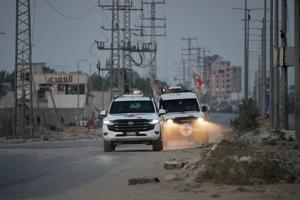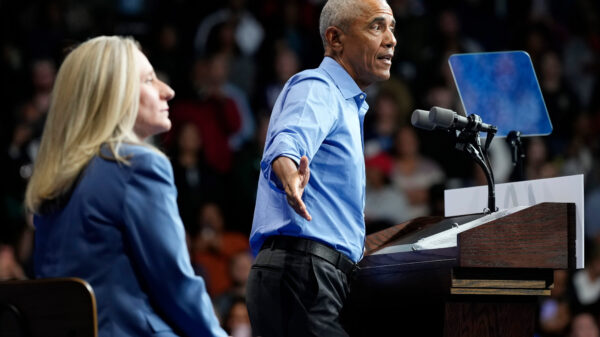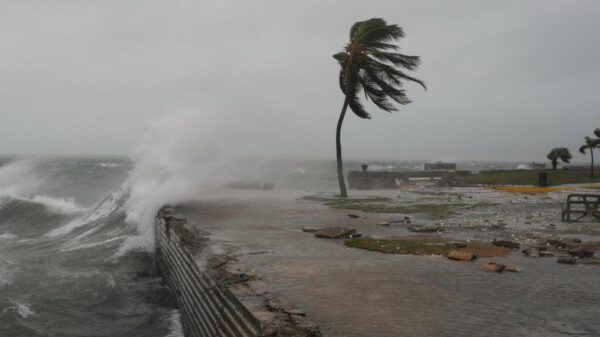The Israeli government announced on October 7, 2023, that the remains of three individuals handed over by Hamas to the Red Cross in Gaza do not belong to any hostages. This declaration marks a significant setback in the ongoing U.S.-brokered ceasefire negotiations amid the Israel-Hamas conflict.
The remains were transferred following Israel’s return of the bodies of 30 Palestinians to Gaza on October 6, 2023. This exchange was part of a broader effort to facilitate communication and possibly pave the way for future negotiations. Earlier in the week, Hamas had turned over the remains of two hostages, indicating a complex and tense situation surrounding the ongoing conflict.
Details of the Exchange
The transfer of remains is part of a fragile ceasefire process aimed at reducing tensions between Israel and Hamas. The exchange has drawn significant attention from international observers, particularly due to the involvement of the Red Cross, an organization known for its humanitarian efforts in conflict zones.
According to Israeli officials, the identification of the remains has been a source of contention, raising concerns about the accuracy of information provided by Hamas. The Israeli government continues to assert its commitment to recovering all hostages, emphasizing the need for transparency in these exchanges.
Future Implications
The announcement regarding the remains comes at a critical juncture in the Israel-Hamas conflict. The U.S. has been actively involved in mediating discussions, aiming to foster a lasting peace agreement. The latest developments underscore the challenging dynamics of negotiations, particularly when it comes to sensitive issues such as hostages and remains.
The situation remains fluid, with both sides continuing to navigate the complexities of their relationship. As the international community watches closely, the focus will likely remain on how these exchanges influence the broader peace process and the potential for future negotiations. The return of remains is a poignant reminder of the human cost of conflict and the intricate web of relationships involved in achieving peace.
The aftermath of these exchanges will be crucial in shaping the next steps for both Israel and Hamas, as well as for the role of international mediators like the U.S. and the Red Cross.




































































